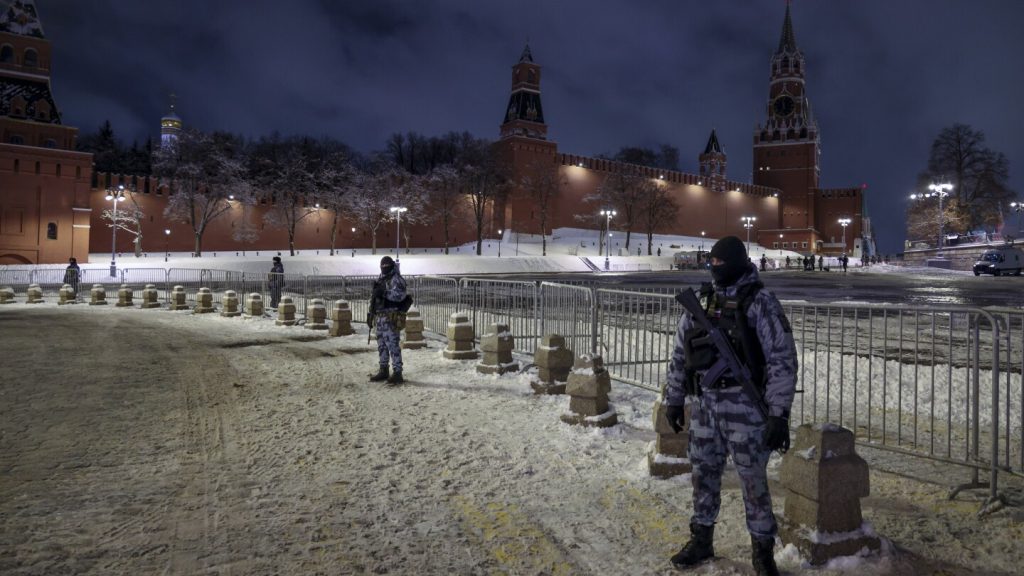The United States has imposed sanctions on two groups linked to Iranian and Russian efforts to target American voters with disinformation ahead of this year’s election. Treasury officials announced the sanctions on Tuesday, alleging that the two organizations sought to stoke divisions among Americans before November’s vote. U.S. intelligence has accused both governments of spreading disinformation, including fake videos, news stories, and social media posts designed to manipulate voters and undermine trust in U.S. elections. Bradley T. Smith, Treasury’s acting undersecretary for terrorism and financial intelligence, stated that the governments of Iran and Russia have targeted the election processes and institutions and sought to divide the American people through targeted disinformation campaigns.
The Russian group, the Moscow-based Center for Geopolitical Expertise, oversaw the creation, financing, and dissemination of disinformation about American candidates, including deepfake videos created using artificial intelligence. In addition to the group itself, the new sanctions apply to its director, who authorities say worked closely with Russian military intelligence agents overseeing cyberattacks and sabotage against the West. The center used AI to quickly manufacture fake videos about American candidates, created scores of fake news websites designed to look legitimate, and even paid U.S. web companies to create pro-Russian content. These actions were aimed at influencing American voters and manipulating public opinion.
The Iranian group, the Cognitive Design Production Center, is a subsidiary of Iran’s paramilitary Revolutionary Guard, a designated foreign terrorist organization. U.S. officials said the center has been working since at least 2023 to incite political tensions in the United States. U.S. intelligence agencies have blamed the Iranian government for seeking to encourage protests in the U.S. over Israel’s war against Hamas in Gaza and for hacking into the accounts of several top current and former U.S. officials. These efforts were part of Iran’s strategy to influence U.S. politics and undermine trust in the democratic process.
In the months leading up to the election, U.S. intelligence officials stated that Russia, Iran, and China all sought to undermine confidence in U.S. democracy. Russia was reported to have sought to bolster the ultimate victor Trump, who has had a positive relationship with Russian President Vladimir Putin, while Iran aimed to oppose Trump’s candidacy due to his administration’s actions against Iran, including ending the nuclear deal and ordering the killing of Iranian Gen. Qassem Soleimani. Both countries have denied interfering in the internal affairs of the U.S., with a spokesperson for Russia’s embassy in Washington stating that Russia does not interfere with other countries’ internal affairs. Iranian officials have not yet responded to these claims.
The allegations of foreign interference in the 2024 election have raised concerns about the integrity of the democratic process and the importance of safeguarding against disinformation campaigns. The use of artificial intelligence and online platforms to spread fake news and manipulate public opinion highlights the evolving nature of threats to elections and democracy. The implementation of sanctions against these groups is a step towards holding those responsible for such actions accountable and protecting the integrity of the electoral process. As the election approaches, it is crucial for authorities to remain vigilant against foreign interference and disinformation to ensure a fair and transparent election.


